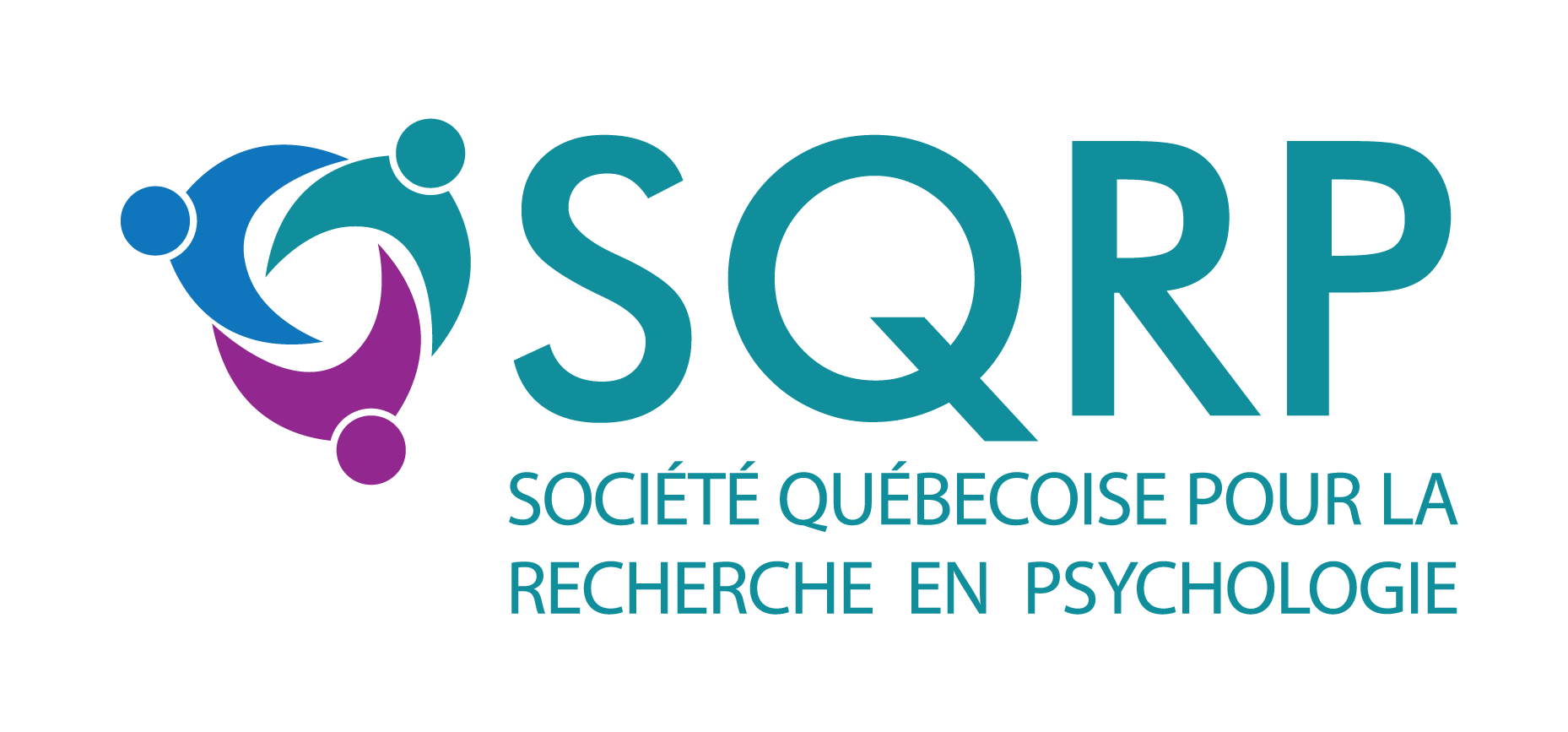Locus coeruleus imaging in Alzheimer’s disease: relationships with cognition, psycho-affective stateand sleep quality
- Three-year Ph.D. position in Neurosciences
- Supervision : Dr. Robin de Flores & Prof. Eric Bui
- Starting date: before January 2024
- Research unit: Inserm U1237, Caen, France (Prof. Denis Vivien)
- Research team: Multimodal Neuroimaging of Brain Diseases (Dr. Gael Chételat)
- Salary: ~1600€/monthly
The project: The main current challenges in Alzheimer’s disease (AD) research are i) to gain a better
understanding of the biological mechanisms involved, and ii) to be able to detect the first signs of the
disease at an earlier stage. The locus coeruleus (LC) are very small nuclei located in the brainstem.
Interestingly, histopathological studies suggest that the LCs are one of the initial sites of tau pathology
in AD, before tau spreads to regions directly connected to them. In addition, seminal works in animals
and post-mortem human studies suggest that this region behaves like one of our brain’s conductors,
and is involved in a myriad of functions. Indeed, the LC have been described as particularly important
in i) numerous cognitive functions (episodic memory, working memory and attention), ii) sleep
(regulation of sleep-wake cycles and memory consolidation processes) and iii) certain psycho-affective
and emotional processes (chronic stress and anxious behavior). All these observations have led to the
development of MRI sequences for in vivo assessment of LC integrity.
In this context, the aim of this thesis is to take advantage of this new imaging technique to better
characterize the role of this key brain structure, and to explore new avenues for improving the early
diagnosis of AD. Indeed, LC imaging offers the opportunity to better understand the role of these nuclei
in the AD pathophysiology and the impact of its alterations on cognitions, psycho-affective states, and
sleep.
The lab: The Neuropresage team (https://neuropresage.fr), headed by Dr. Gael Chételat and Dr
Géraldine Rauchs, is organized around four main areas of interest: i) improving neuroimaging
biomarkers for early Alzheimer’s disease diagnosis; ii) further the understanding of the
physiopathological mechanisms of Alzheimer’s disease with multimodal neuroimaging, iii)
investigating the relationships between lifestyle factors and brain biomarkers and iv) developing non-
pharmacological interventions to promote mental health and wellbeing in ageing population. The team
is currently involved in 2 large projects [Multimodality Imaging of Early-stage Alzheimer’s Disease
(IMAP+) and Silver Santé Study, a European study granted by the European Commission (H2020, 2015-
PHC-22) investigating the effects of two 18-month interventions (English versus mental training) on
behavioral and biological markers of ageing and Alzheimer’s disease], and several other projects
related to sleep, and to stress-related conditions, including posttraumatic stress and prolonged grief
disorder.
The team is affiliated to the Inserm U1237 (Prof. Denis Vivien) and is based at the Cyceron center, a
structure that provides a stimulating work environment as it groups several research units and several
research tools, such as a cyclotron, 2 PET-CT and 2 MRI. The lab is located in the beautiful city of Caen
(Normandy, France) which is 2 hours by train from Paris and 1 hour by plane from Lyon (where the
team has close collaborators); it is also just 10 minutes away from the beaches. The city is within driving
distance of popular Normandy attractions including Bayeux and its famous tapestry, the D-Day Landing
Beaches, and the picturesque Pays d’Auge, home of cider and cheese.
Requirements for applicants: To apply, candidates must hold an internationally-recognized master’s-
equivalent degree in biology, neuroscience, or related field. Previous research experience in the field
of aging, neurodegenerative disease, and/or stress are mandatory. Experience in coding (especially in
Matlab and/or Python) as well as with one specific neuroimaging modality (e.g., fMRI, DTI, ASL) will be
highly appreciated but is not mandatory.
Questions regarding the position can be directed to Robin de Flores (deflores@cyceron.fr).
To apply: Send a CV, motivation letter, and contact details of two academic referees to Robin de Flores
(deflores@cyceron.fr)
